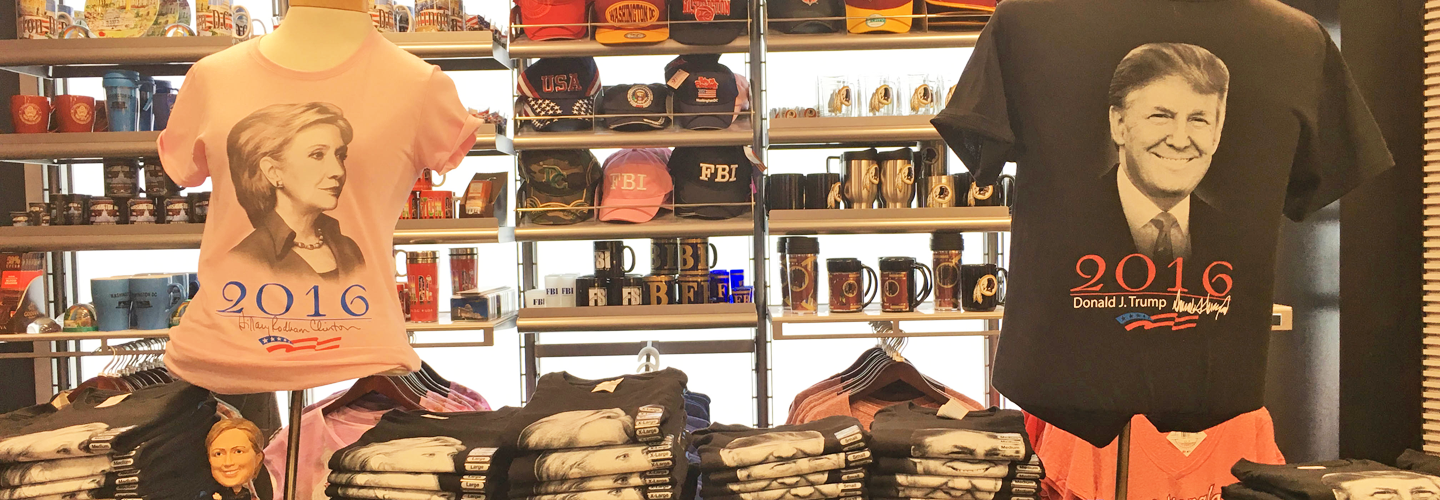Annenberg Public Policy Center director Kathleen Hall Jamieson spoke about media and the presidential campaign at the Westminster Town Hall Forum in Minneapolis with moderator Gary Eichten from Minnesota Public Radio (MPR). Their June 23, 2016 conversation covered ways to improve presidential debates, what campaigns can tell us about the candidates, fact-checking politicians’ deceptions and misinformation, and more. The forum series, launched in 1980, has included discussions with Archbishop Desmond Tutu, David McCullough, Elie Wiesel, and journalists such as Gwen Ifill and Tom Brokaw.
Listen below, or click here to access a recording of the forum on the MPR site:
Audio: Campaign Wisdom from Kathleen Hall Jamieson at the Westminster Town Hall Forum; June 23, 2016
Video of the event is also available here:
In her appearance, Jamieson noted that an “important question to ask about campaigns is what do they tell you about the habits of mind, the tendencies of judgment of the candidates? What is it that they tell us about the people that they will surround themselves with?” Campaigns, she said, should be used to learn about the candidates’ rhetorical capacity, how they use evidence, and whether they have the temperament and ability to guide the country in difficult times.
Both media access and a campaign’s communications strategy and power are critical. Calling on the example of Walter Mondale, who like Jamieson is a native Minnesotan, Jamieson explained the importance of having a “communications capacity to override mistaken inferences” and counteract messages that may become skewed during a campaign. In the 1984 presidential campaign, Mondale vowed to reduce the budget deficit by raising taxes, but his message was distorted by the Reagan campaign into a pledge to raise taxes to fund new programs.
Jamieson suggested that media should provide more extensive coverage of third-party candidates because “the audience has the right to hear what it is they have to say.” She also noted the importance of engaged citizens and local media coverage that includes substantive and informative political discussion, which help to “build a culture of civic participation.”
Jamieson also spoke on Wednesday, June 22, 2016 with MPR News host Kerri Miller and New York Times reporter Nick Corasaniti about advertising and the use of new media in the campaign.
Listen below, or click here to access the interview on the MPR site:
Audio: Campaign advertising in a changing media landscape; June 22, 2016
“What matters is the amount of access your message has to the audience that is likely to vote, and also to vote for you,” said Jamieson. Donald Trump’s reliance on free media instead of traditional ads saves his campaign money, but money also “lets you create the organizational structures that put volunteers in districts to reach households person-to-person. [And] that may be where he has the biggest disadvantage — not in media access, but in participation on the ground.”
The group discussed the usefulness of fact-checking and its limits, since candidates don’t always have an incentive to correct themselves. Jamieson noted that “what we hear most often is what we’re most likely to accept, particularly if it’s consistent with what we ideologically agree with to begin with.” She said that debates can help correct the public’s view of candidates who have been caricatured via their opponents’ advertising.

Jamieson also discussed the potential positive impact of independent voters to moderate campaigns, and ways to improve fair media access and provide incentives for civility, learning, and accountability. She noted that social networks and “enclaving” move conversation towards “more extreme discourse” based on personalities instead of policies and philosophies, and said that the risk is that “people will disengage and not vote at all, or they will cast a vote they might not otherwise have cast for someone of an opposite ideology.”

